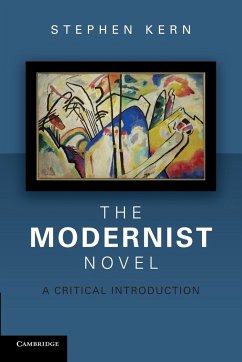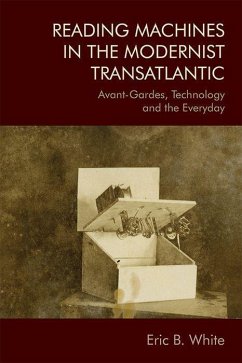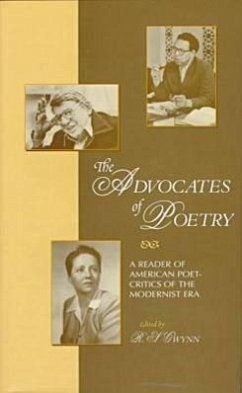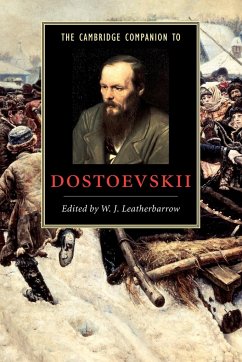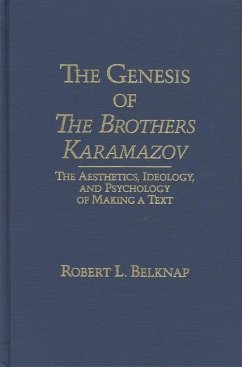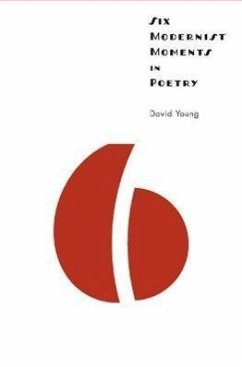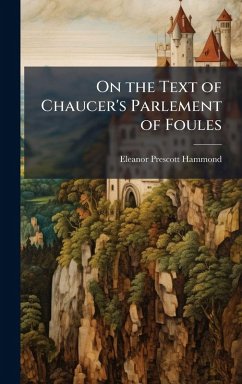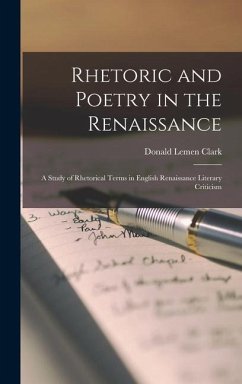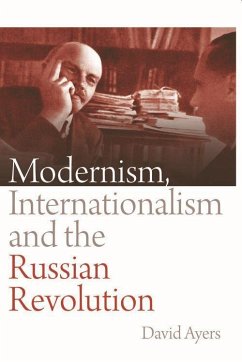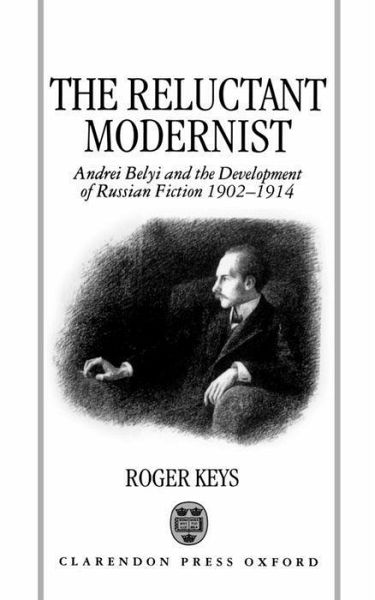
The Reluctant Modernist
Andrei Belyi and the Development of Russian Fiction, 1902-1914
Versandkostenfrei!
Versandfertig in über 4 Wochen
40,99 €
inkl. MwSt.

PAYBACK Punkte
20 °P sammeln!
Andrei Belyi (1880-1934) is generally regarded as the greatest and most influential prose-writer to emerge from the Symbolist movement in Russia at the turn of the twentieth century. His early prose 'symphonies' and novels are often compared with the work of such European 'modernists' as Joyce and Proust. This is the first book to attempt a systematic analysis of the place of Belyi's fiction within the 'modernist' prose tradition in Russia, a tradition which has been obscured by decades of ideological distortion. Paradoxically, Belyi himself, a mystic by nature who sought only transcendent cer...
Andrei Belyi (1880-1934) is generally regarded as the greatest and most influential prose-writer to emerge from the Symbolist movement in Russia at the turn of the twentieth century. His early prose 'symphonies' and novels are often compared with the work of such European 'modernists' as Joyce and Proust. This is the first book to attempt a systematic analysis of the place of Belyi's fiction within the 'modernist' prose tradition in Russia, a tradition which has been obscured by decades of ideological distortion. Paradoxically, Belyi himself, a mystic by nature who sought only transcendent certainty from the flux of experience, would have been reluctant to claim this 'modernist' tradition as his own. Keys demonstrates the inadequacy of the various other 'isms' (Symbolism, Impressionism, etc.) which have until recently bedevilled most critical attempts to analyse the prose of the period, giving a comprehensive overview of Belyi criticism both within and beyond the Soviet Union. The book includes a detailed analysis of Belyi's prose works written before the First World War, paying keen attention to his philosophical and literary influences, including his extensive reading of Kant and Gogol and its particular effect upon his theory and practice, and locating him firmly within his own Russian context. Sections devoted to Belyi's greatest novel, Petersburg, and other works, such as The Silver Dove and Dramatic Symphony, analyse Belyi's use of structure and plot, recurrent leitmotifs and related forms of symbolism. The book investigates Belyi's attempts to reconcile the Symbolist vision of the writer as having revelatory mystical authority with the more customary notion of 'perspectivism', ofimplied author, narrator and character offering a number of different voices which cannot claim cognitive authority beyond the fictional context in which they occur.



